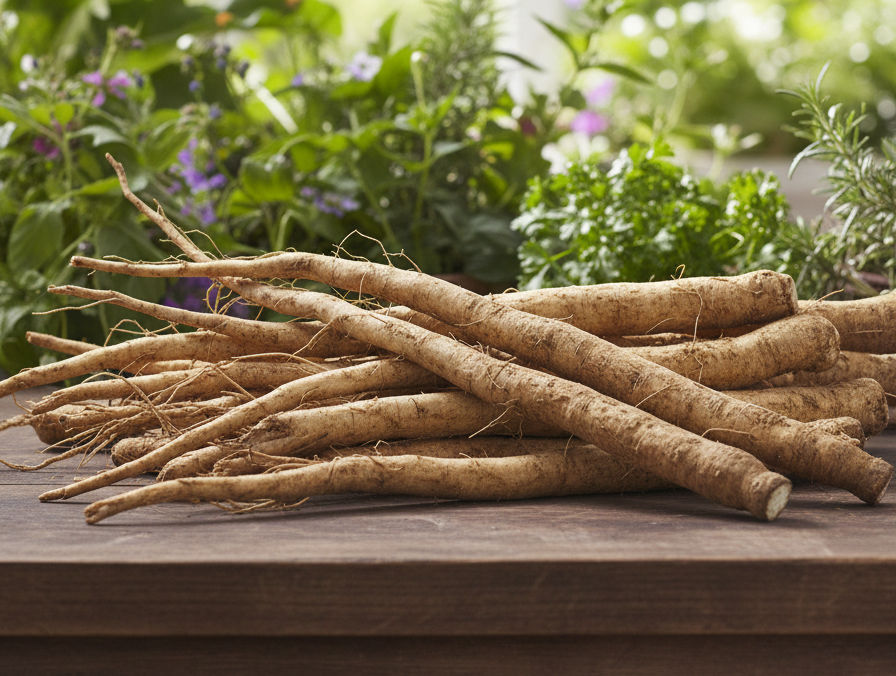Herbal Antihistamines
- A.K
- Mar 27, 2024
- 3 min read
Updated: Apr 7, 2024
If you have seasonal allergies, these herbal remedies may just be the trick. Seasonal allergy symptoms may include congestion, sneezing, and itchy eyes; these arms may assist in relieving those symptoms. These listed herbs may work as antihistamines against hay fever, mold, dust, and pollen. There are many plant foods that inhibit mucus production and inflammation.

Turmeric:
Turmeric contains curcumin which has inflammatory properties that may be able to reduce allergies.
How to Consume: Drink 2 cups of tea daily or 2 herbal capsules daily.
Stinging Nettle Leaf:
It is best to wear gloves when collecting nettle leaf because of the small hairs on the leaf. The hairs cause a very sharp pain, similar to a bee sting, when touched. To consume properly, you must either dehydrate or blanch it. Nettle leaf also has powerful antihistamine properties. Studies have shown that this herb is just as effective, if not more, as other allergy medication.
How to Consume: Take 3 capsules daily (600 mg) or steep 1-2 teaspoons in hot water, 3 times daily.
Chamomile:
Chamomile is great for reducing watery and itchy eyes.
How to Use Topically: Place warm teabags over your eyes for 15 mins
How to Consume: The recommended dose for chamomile capsules is 2-3 capsules daily for a minimum of 8 weeks (300-400mg) or steep 1 teaspoon in hot water 2-3 times daily.
Cinnamon:
Specifically, ceylon cinnamon contains anti-inflammatory and antioxidant properties which help reduce allergy symptoms. Ceylon cinnamon is also known as the "true cinnamon" because of its many medicinal properties compared to cassia cinnamon.
How to Consume: Consume 2-3 herbal capsules daily (500mg) or steep 1-2 teaspoon of cinnamon in hot water twice daily for a week.
Vitamin C:
Vitamin C which is also an ascorbic acid also has antioxidant properties and decreases swelling.
The recommended dose to reduce histamines is approximately 2 grams, at minimum.
Plant foods high in vitamin C includes but not limited to:
Dandelion leaf
Oranges
Blueberries
Strawberries
Papaya
Bell Peppers
Kale
Lemon
Red Raspberry Leaves
Hibiscus
Rose Hips

Butterbur:
Butterbur provides relief for sinus inflammation and nasal congestion. Using butterbur long term may result in relief for chronic sinusitis as well as asthma and migraines.
How to Consume: Take 50-500mg capsules daily for 12-16 weeks.
Side Effects
These herbs may have side effects. Start small and/or consult a medical professional if you are unaware of any allergies. Side effects depend on you and how your body reacts. Further research may be necessary upon each plant food.
Check out our Powerful Antihistamine Herbal Blend
Other Antihistamines Plant Foods
Other fruit and herbs that can be added to your diet is listed below. These plant foods may also contain flavonoids which can help decrease the progression of allergy rhinitis. It is important to keep a balance of acidic and alkaline foods.
Flavonoid Rich Foods:
Elderberries
Cranberries
Mulberries
Blueberries
Raspberries
Cherries
Watercress
Wild Lettuce
Figs

Highly Alkaline Foods include (but not limited to):
Mushrooms
Sweet peppers
Cayenne pepper
Collard Greens
Spinach
Black seed oil
Kale
Mustard greens
Dill
Oregano
Thyme

Foods To Avoid
It is best to avoid these foods that can increase mucus production. This can trigger histamine and increase the histamine levels to rise higher. Many of these foods are highly acidic which can lead to more effects in the body., such as gas, inflammation, and lowering immune system:
Sugar
Dairy
Yogurt/Probiotics
Broccoli
Sodas
Processed foods
High sodium foods
Many of these foods can be used as tinctures, herbal capsules, smoothie blends, tea, soups, sauces and more. Moderation is key but keep in mind a balance of acidic and alkaline is great to keep the body healthier and nourished. Consult a medical professional before consumption.





_edited.png)




Comments